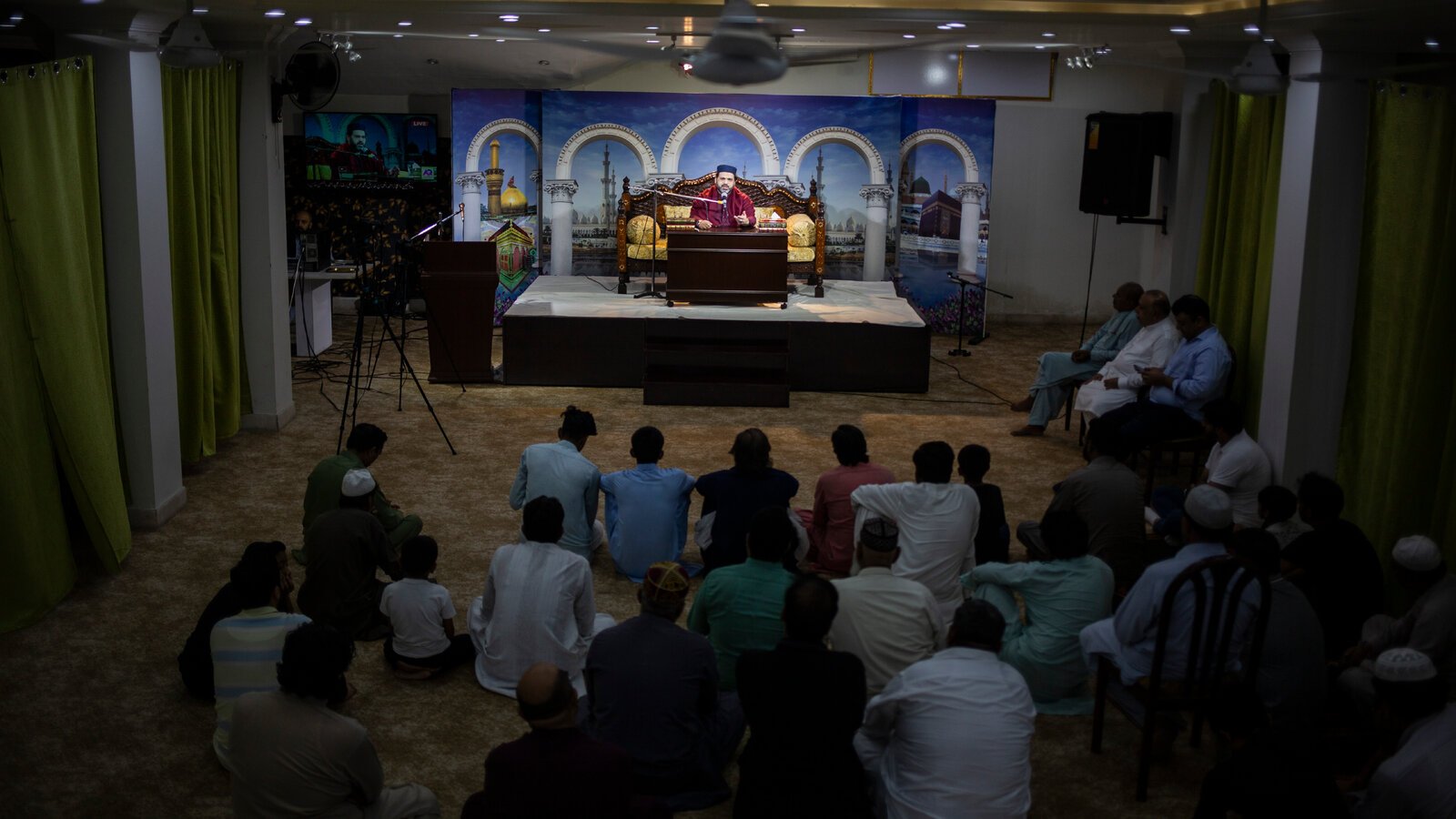
Pakistan Proposes Bill to Criminalize Black Magic Practices
A Bold Step Toward Legal Reform
A new bill introduced in Pakistan is drawing widespread attention as it seeks to criminalize the practice of black magic. The proposed legislation outlines strict punishments, including jail time and heavy fines, for individuals found guilty of using occult practices to exploit or harm others. This move is being seen as a significant attempt to address a long-standing issue that has thrived in legal grey areas for decades.
Targeting Exploitation and Fear-Based Rituals
For many years, black magic practices have been used by some to manipulate vulnerable individuals, often preying on fear and superstition. These rituals not only exploit people emotionally and financially but can also create psychological distress and social divisions. By introducing this bill, lawmakers are aiming to protect citizens from exploitation and deceptive practices, ensuring that perpetrators are held accountable under the law.
The proposed legal framework seeks to send a strong message that spiritual manipulation will no longer be tolerated as an unchecked activity.
Shifting the Legal Landscape
If passed, this bill would mark a major shift in Pakistan’s justice system. Until now, practices linked to black magic often fell outside the scope of clear legal action, making it difficult for authorities to prosecute offenders. The new legislation closes that gap, giving law enforcement agencies the authority to crack down on individuals and groups engaging in occult activities for personal gain.
By categorizing such acts as punishable offenses, the government intends to create deterrence and discourage those who profit from fear-based practices. This could also pave the way for stronger oversight of activities traditionally hidden from scrutiny.
Public Reaction and Broader Implications
The introduction of the bill has sparked conversations nationwide, with many citizens welcoming it as a necessary step toward protecting society from fraud and harm. Supporters argue that it will safeguard vulnerable communities, particularly those who fall victim to individuals claiming to offer supernatural solutions. Critics, however, raise concerns about how such laws will be implemented and whether they could be misused in disputes involving personal or religious beliefs.
Nevertheless, the proposal highlights a growing recognition of the need to address spiritual fraud and psychological exploitation within a legal framework. Its potential passage could signal a turning point in how Pakistan approaches the intersection of faith, superstition, and justice.







